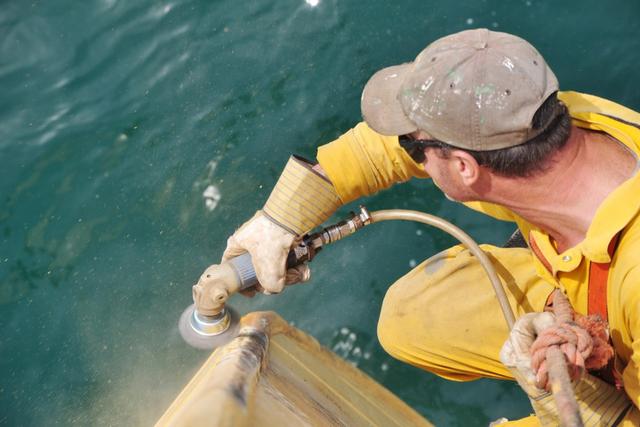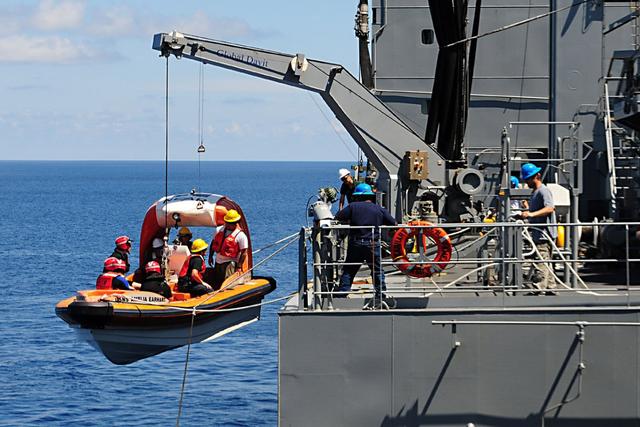Marine Engineers
Overview

Introduction
Marine engineers are specialized engineers who help design, construct, and maintain ships, boats, and other surface and subsurface water vessels and structures, including the steering, propulsion, and other systems of ships. They also design equipment that is used in ocean research. Marine engineering is actually an interdisciplinary combination of many engineering specialties (including acoustical, chemical, civil, electrical, electronics, hardware, marine, materials, mechanical, and software engineering) and marine science princip...
Quick Facts
Median Salary
Employment Prospects
Minimum Education Level
Experience
Skills
Personality Traits
Earnings
In December 2019, Indeed.com reported the average annual salary for marine engineers was $78,628. According to the Bureau of Labor Statistics, the median annual salary for a marine engineer was about $92,560 in May 2018. The lowest paid 10 percent earned $65,090 and the top 10 percent earned $148,950 or more.
Most marine engineers enjoy a full complement of benefits, including vacation a...
Work Environment
Marine engineers usually have a central office from where they do design and project development and management work, and these offices are typically quite pleasant, clean, and climate-controlled. Most engineers, however, spend at least part of their time on a specific work site, such as shipyards, and these sites may be noisy, dusty, and dirty. They also work onboard ships and structures such ...
Outlook
Employment for marine engineers is expected to grow faster than the average for all careers through 2028, according to the U.S. Department of Labor (DOL). There will be good opportunities for marine engineers because a limited number of students pursue study in the field and replacement workers will be needed when existing engineers retire or leave the field for other reasons.
Job opport...





































































